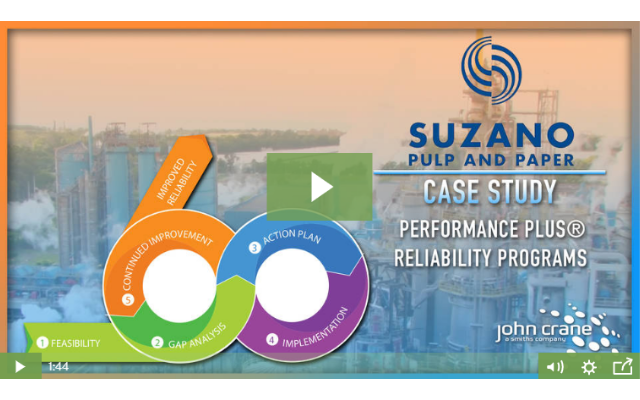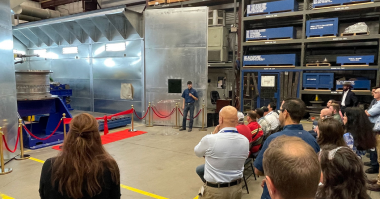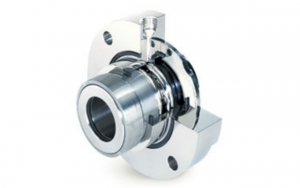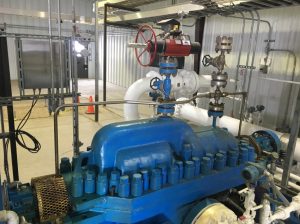Contributor: John Crane
Born in January 1821, Charles Fenerty was a Canadian inventor and mastermind of the wood pulp process for papermaking. Charles grew up in Upper Falmouth, Nova Scotia, and worked for his father, a lumberman and farmer. During the winter months, he would clear-cut the local forests for lumber, which he then helped to transport to the family’s lumber mill. Each time Charles hauled lumber to the mill, he passed the local paper mills. Because there were many similarities between lumber and paper mills, he often stopped to watch the process. During this time paper was made from pulped rags, cotton and other plant fibers, and the demand for paper was outstripping the supply of resources.
Through his trips to the lumber mill and observations of the paper-making process, Charles realized that trees have fibers, too, and could serve useful when making paper. At the age of 17, he began his experiments of making paper from wood and by 1844 he perfected the process, forever changing the way the industry operated.
Pulp and Paper Processing Today
From 1821 to present day, the pulp and paper processing industry has experienced vast technological advancements and widespread growth.
Nearly 200 years later, the pulp and processing industry is still a critical asset that the world depends on. It’s imperative that these companies remain in operation and continue production—any unplanned downtime can result in severe production loss and lost revenue—not only for the company itself, but also for its customers.
When it comes to operational reliability and production output, efficiency and reliability are key to controlling expenses and avoiding downtime because they help reduce the amount of energy required by critical processes. Just like Charles Fenerty, we are always looking at ways to improve what already exists. At John Crane, we maximize both—and also help companies meet strict pollution regulations—with engineered components and seal support systems that limit emissions, tolerate high temperatures and reduce water consumption.
We pride ourselves on delivering the best services and solutions—creating customer success and solution-drive outcomes based on a trusted partnership. See a first-hand account from Suzano Pulp and Paper—one of the industry’s largest pulp and paper processing facilities—the valued partnership they’ve been able to create with John Crane, from customer service, cutting-edge technologies and an unwavering commitment to overcoming all challenges.
Together we hope to leave behind a legacy as enduring as Charles Fenerty’s.
To learn more about pulp and paper processing,visit our website.
Suzano Pulp & Paper Case Study






Comments